World Health Day 2025: Healthy Beginnings, Hopeful Futures
Published in Sustainability, General & Internal Medicine, and Public Health
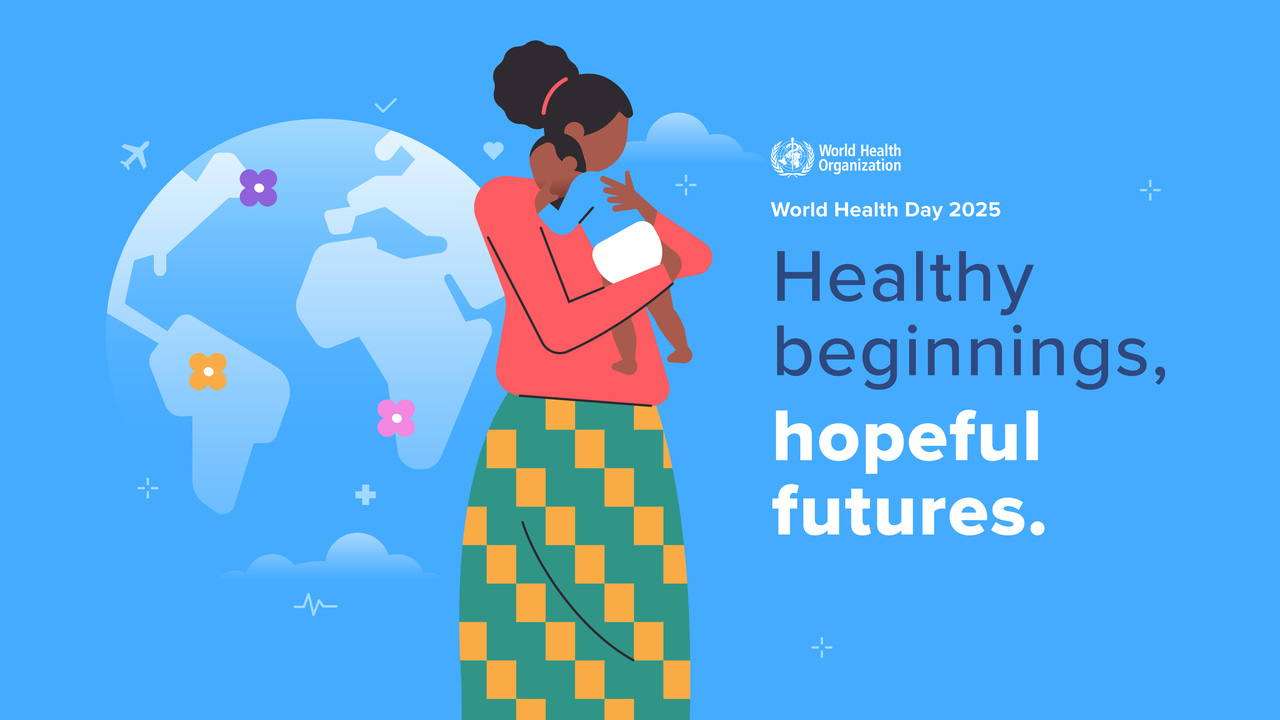
World Health Day aims to raise awareness of the World Health Organisations (WHO) overarching goal of achieving the highest possible standard of health for all, and each year focuses on a specific subject important to global health. This year’s theme, ‘Healthy beginnings, hopeful futures’, supports WHO's aim of reducing global maternal mortality rate (MMR) to less than 70 per 100,000 live births by 2030, by encouraging governments and health workers to increase their efforts over the next year to end preventable newborn and maternal deaths. This years message is crucial as currently nearly 300,000 women a year lose their life due to pregnancy or childbirth, over 2 million babies die in their first month of life and around 2 million are stillborn. Research is crucial to identify ways in which health systems can manage and combat the issues associated with newborn and maternal health. The key messages for this year include:
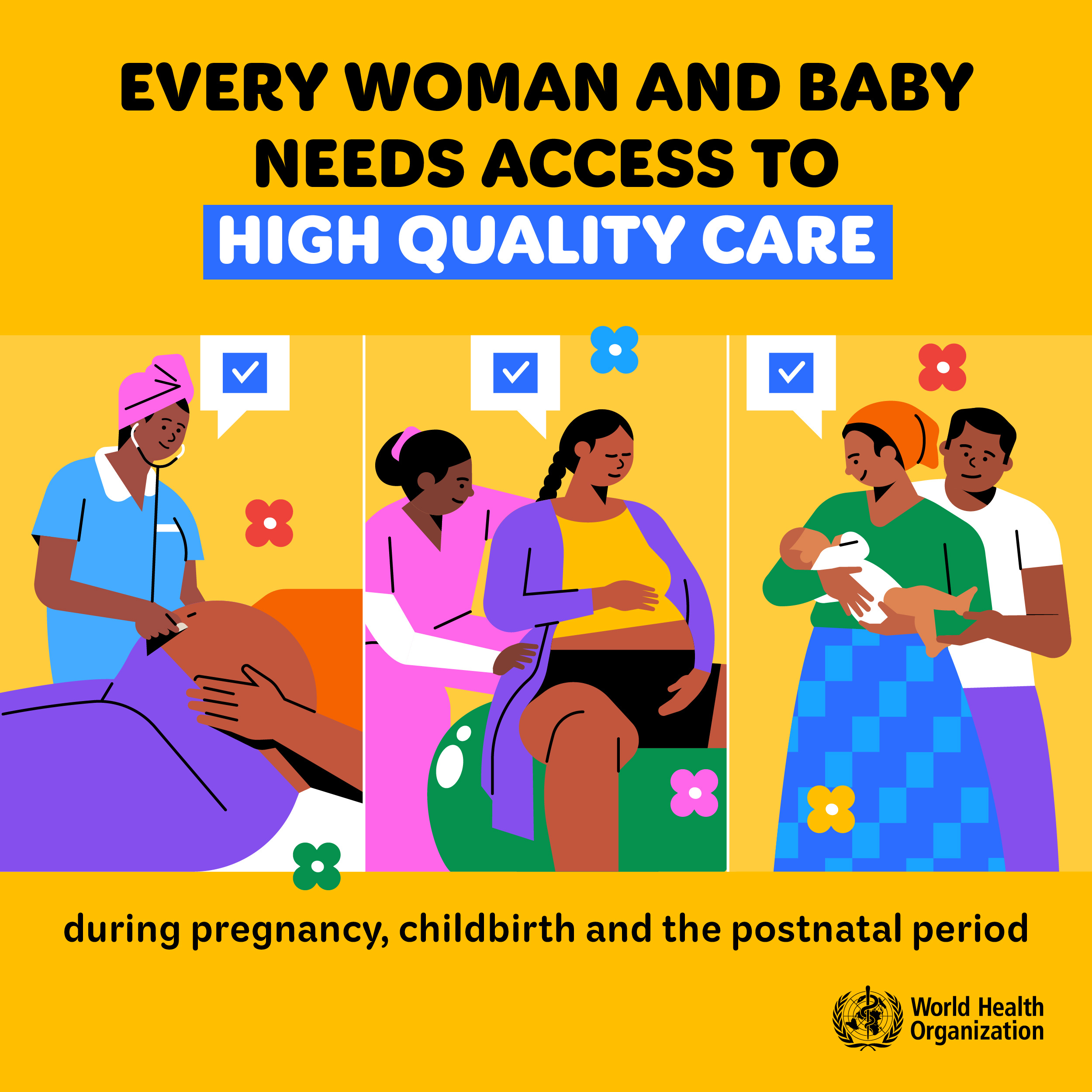
- Reinvigorate efforts to ensure equity in access to high quality healthcare for women and babies.
- Invest to ensure women everywhere can access health providers before, during, and after pregnancy.
- Improve the rights of women and girls everywhere so they can better protect their health.
This blog highlights Springer Nature content relating to the World Health Organisations and World Health Day’s broad goal of improving health equity and giving everyone an equal chance to live a healthy life, which parallels the UNs SDG3: ‘Ensure healthy lives and promote well-being for all at all ages’, as well as content specific to this year’s theme of 'Healthy beginnings, hopeful futures’, specific to targets 3.1 (reduce maternal mortality), 3.2 (end all preventable deaths under 5 years of age) and 3.4. (reduce mortality from non-communicable diseases and promote mental health).
Watch a Webinar
Watch the recording of a recent SDG Talks seminar 'SDG 3: Implementation of Evidence-Based Practices for Improving Maternal and Neonatal Health', presenting papers from a collection of the same name published in Implementation Science and Implementation Science Communications. The webinar highlights the need for research on implementation of evidence-based practices to improve maternal and neonatal health outcomes.
Collections
There is a wealth of content across Springer Nature, both past and present, that aims to bolster research on newborn and maternal health. Below is a only a small sample of collections (both open for submissions and past collections) on this topic, and World Health Days broader theme of health equity.
- Antimicrobial Resistance & Infection control is inviting submissions to their collection Preventing infection in neonatal care units.
- Biology of Sex Differences is calling for papers on Sex differences in prenatal and neonatal life.
- BMC Pregnancy and Childbirth has open collections on Labor and birth interventions in low- and middle-income countries, Intrauterine growth restriction and intrauterine fetal death, Interaction of birth outcomes and postpartum mental health and more.
- Scientific Reports is welcoming manuscripts on Breastfeeding and infant nutrition.
- BMC Pediatrics invites papers on Paediatric health disparities: addressing inequities in access and outcomes, as well as Advancements in pediatric vaccinology.
-
Trials is calling for papers on Improving equity, diversity, and inclusion in randomised trials.
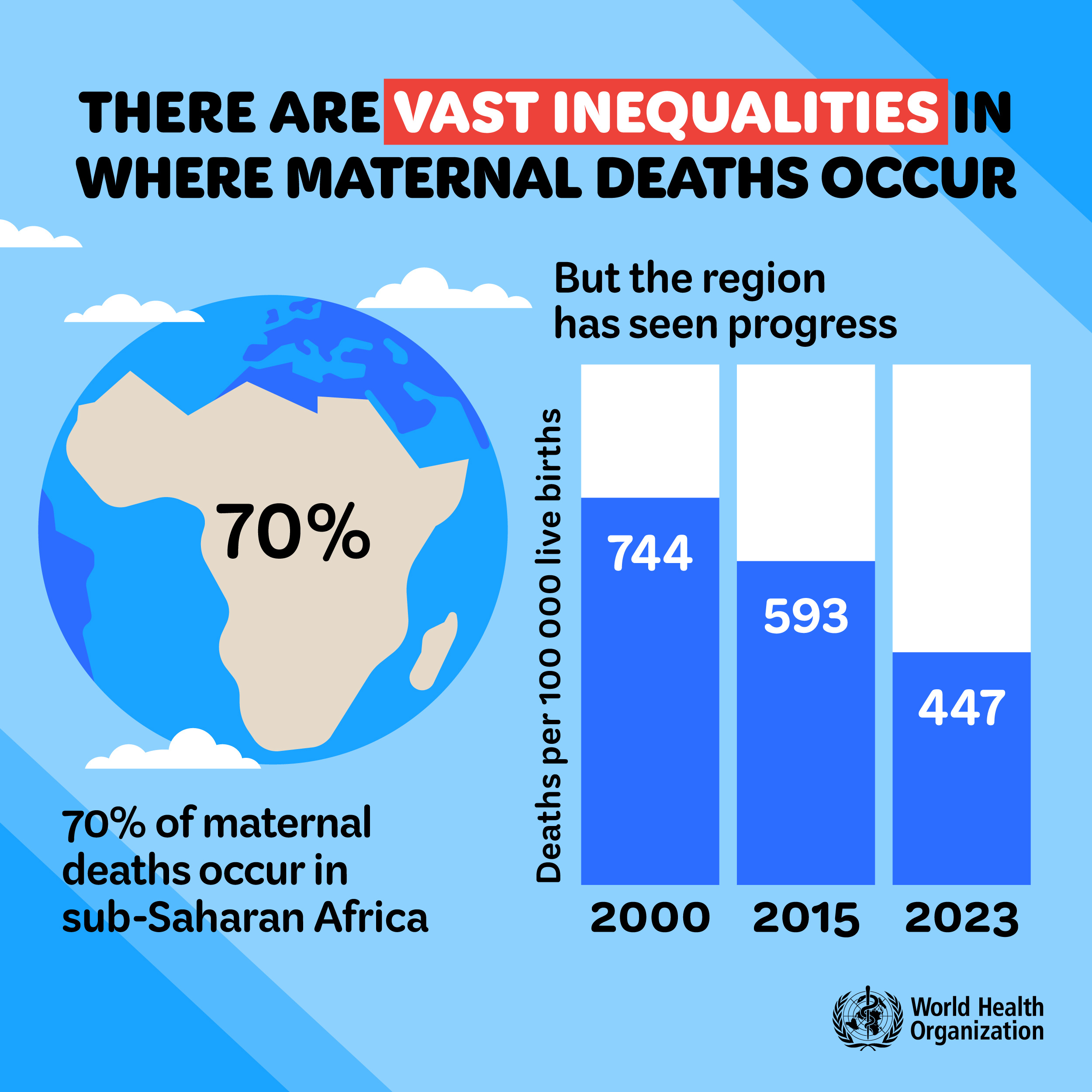
Take a look at published content from these past collections:
- Reduction in disparities in improving maternal/infant outcomes.
- Implementation of evidence-based practices for improving maternal and neonatal Health.
- Improving maternal health in underserved populations.
ISRCTN Registry
A study in the ISRCTN Registry is seeking to identify barriers to support around sexual and reproductive health in people with severe mental illness.
Research Communities Blogs
Check out other blogs from across the Research Communities, touching on topics relating to 'Healthy Beginnings, Hopeful Futures', and World Health Day more generally, including:
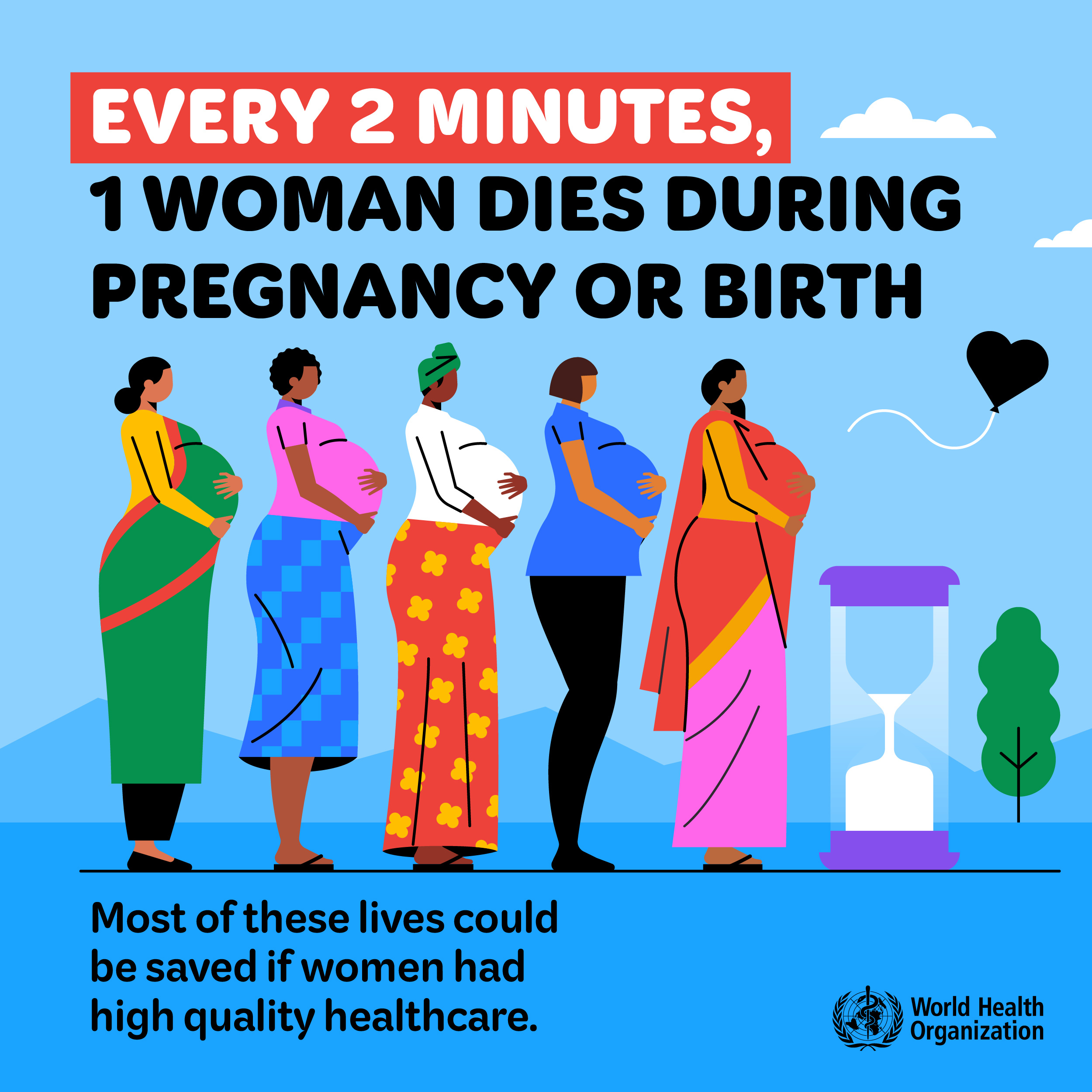
-
This blog from Director of WHO's Health Workforce Jim Campbell and WHO Economist
Michelle McIsaac, on progress made on WHO's Global Strategy on Human Resources for Health: Workforce 2030, highlighting how progress is slowing, as unemployment and underemployment are prevalent in some regions despite workforce shortages. And read about focus areas for the strategy going forward. - A Q&A with Dr. Hamdia Mirkhan Ahmed on her research and how we can empower women and children.
- A Q&A with Professor Andrew Williams on his research on reducing inequalities in maternal and child health
- A blog from the journal Maternal Health, Neonatology and Perinatology showcasing their top content serving to improve maternal health.
- A Behind the Paper blog by Dr Rakhee Patel on her paper 'Healthy ageing and oral health: priority, policy and public health'.
- This Behind the Paper blog explaining that laboratories were at the centre of the COVID-19 pandemic and how this lead to opportunities to develop this traditionally neglected sector of the health care system. Discussing in particular their paper on the scale-up of the infrastructure and health workforce capabilities in Somalia.
- An interview with Frida Temple on the crucial role of midwives in enhancing the quality of maternal and newborn healthcare.
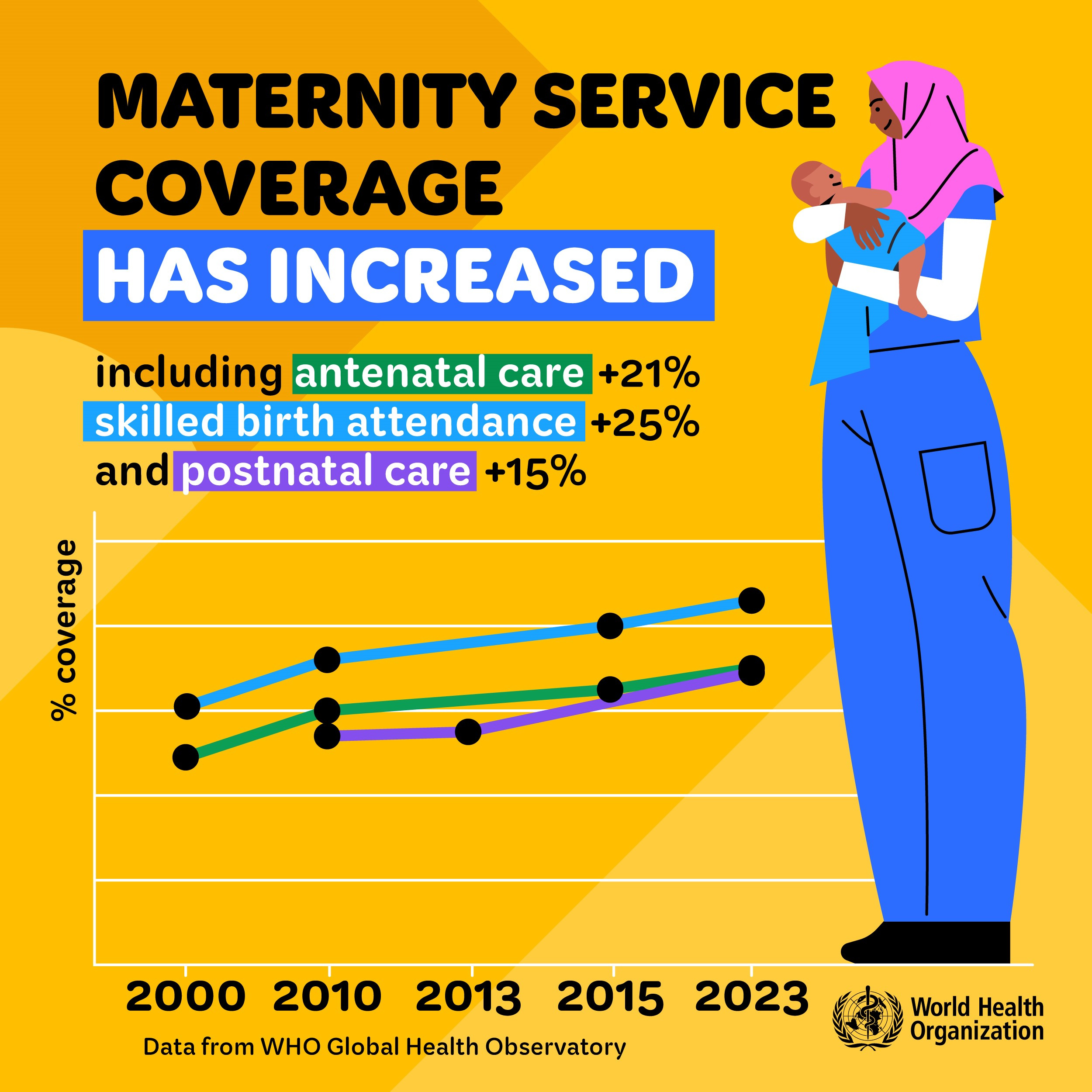
Pregnancy can be a dangerous time in women's lives, and every seven seconds a woman or newborn dies, or a baby is lost to still birth. Furthermore, one in five women experience post natal depression or anxiety. There are also vast inequities in maternal and newborn deaths. Maternity service coverage has seen improvements since the start of the centrury, however many countries are off track to meet their targets for improving maternal survival by 2030. We must continue to research, invest and implement policies worldwide in order to achieve SDG 3 targets 3.1, 3.2 and 3.4 and ensure health for all.


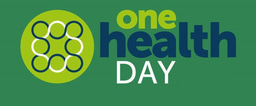
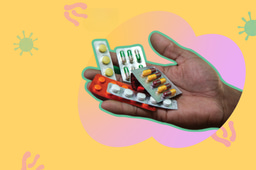
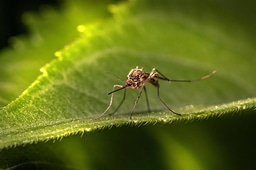
Please sign in or register for FREE
If you are a registered user on Research Communities by Springer Nature, please sign in